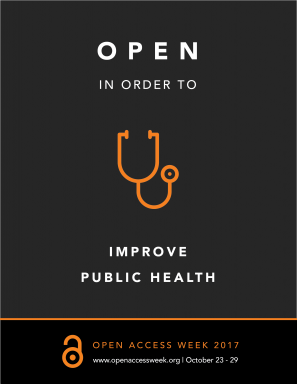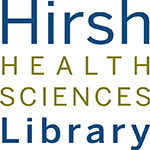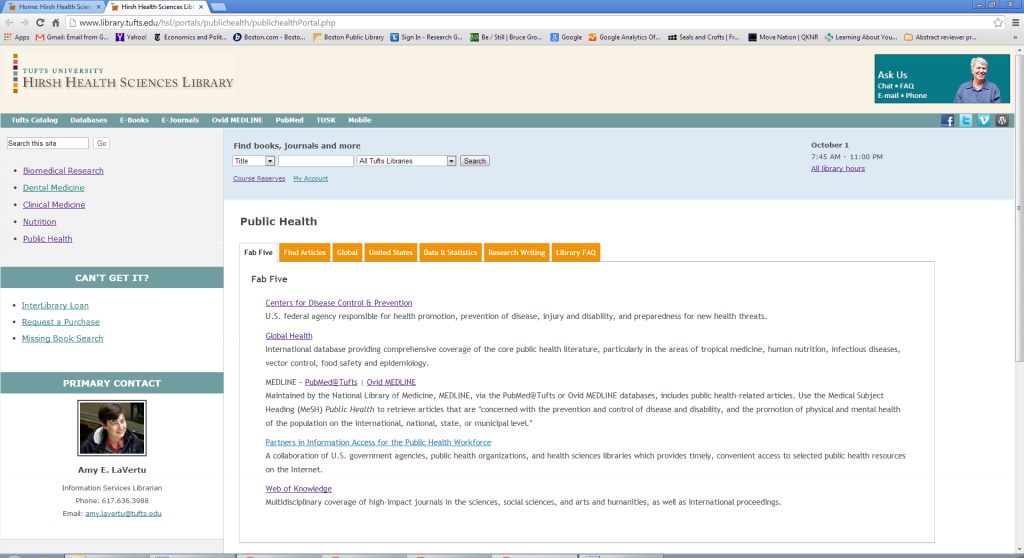Black Birds Desktop White by JohnED76 is licensed under CC BY-NC-ND
Welcome Public Health! We’re so happy to see you!
During orientation we will take you around to various sections of the library so you can get to know us. Can’t remember what we told you or have a question about something we didn’t cover? You can always Ask Us by email, chat, phone, or text, or just stop by the Library Service Desk–there is always someone to talk to. If you need research assistance, you can get help from the librarian on call or make an appointment with your liaison, Amy Lapidow.
Don’t know where to start? We have many Research Guides on all kinds of topics. Explore!

Open in order to improve public health by Nick Shockey is licensed under CC BY 4.0
As we wrap up our celebration of Open Access Week, this is a great time to think about what Open Access can mean to researchers, to scholars, and to our local, national, and international communities. Librarians promote publication in Open Access journals to enable collaboration with like-minded researchers and to raise research visibility, but there are many reasons to wade into the Open Access waters. One of the most compelling is to increase knowledge of science, research, and medicine outside the Ivory Tower.
Think about how easy it is access the latest research in highly regarded journals from the comfort of the Library, or from home (if you go through the proxy server) as a student, faculty, or staff member of Tufts University. But how many times have you tried to access a scientific study from off-campus and run into a paywall? How many times has a newspaper or blog made a claim about a health benefit or some groundbreaking research, only to link out to a journal you can’t access? Think about everyone NOT studying at or employed by a college or university…where do they get their scientific information?
Turns out, the Pew Research Center recently published a study about how Americans consume science news, and they report that 66% of Americans “actively seek out and directly consume” news about science, and the overwhelmingly popular source of that information is outlets like newspapers and television news programming. However, many of these consumers feel that news media does a poor job covering scientific topics (41%) and that some of those reasons include: hasty reporting of findings that may not hold up, oversimplification, overreporting of conflicting viewpoints, and coverage of findings that are not important.
If you work in or study health sciences, you watch this play out on the evening news every day, usually regarding whether or not red wine will make you live forever, if chocolate replaces working out, if coffee will kill you, or if you actually need to floss your teeth (Note: please keep flossing). But who do Americans blame for this? Most participants in the Pew Study blamed the news media, but nearly a quarter (24%) blamed poor scientific reporting on the “way science researchers publish.”
Well well well. We might not be able to change every newscast and every newspaper, but a major way to improve scientific communication is to publish research that EVERYONE can read. For free. Open Access! Think of all the questions that can be answered when patients and health care providers outside of colleges and universities can access quality research free of charge. Think of the advances when researchers can find, use, and reinterpret data without copyright restrictions or paywalls.
Check out the Scholarly Publishing and Access Resources Coalition’s reasons to support open access to aid scientific communication here: https://sparcopen.org/open-access/.
Public health encompasses such a wide range of topics that it can be challenging to know where to begin! The public health portal is designed to be your first stop for locating resources focused on epidemiology and public health.
This portal contains sections that will connect you to key public health journals, article databases, and critical sources of statistical data on the health and well-being of populations.
Because ‘local is global’ (and vice versa!) when it comes to public health, this portal contains both a section featuring United States-specific public health resources and a section featuring resources offering a global perspective on public health-related topics.
The public health portal will also point you towards guides on research writing and using the Hirsh Health Sciences Library.
Have you explored the public health portal? Is something missing? Let us know what you think by giving us an email or call!
Recent Posts
Categories
- 4th Floor Tabling (3)
- affiliation (4)
- Announcements (353)
- Book/Resource Reviews (117)
- Hours (131)
- Interviews (4)
- New Titles & Resources (114)
- News & Events (266)
- Open Workshops (48)
- Outside News & Events (66)
- resources (18)
- throwback thursday (5)
- Tips & Tricks (135)
- Uncategorized (148)
Tags
4th floor affiliation books Boston circulation crafts electronic resource electronic resources events exams extended hours food fun fun lab funlab graduation HHSL Hirsh Health Sciences Library holiday holiday hours holidays hours leisure reading library fun lab library service desk library staff new books open access open access week open workshop Open Workshops reserves resources staff statistics summer survey tea Thanksgiving therapy dogs Tufts Hirsh Health Sciences Library website welcome! writing consultants writing helpFollow us @TuftsHHSL!
Twitter feed is not available at the moment.





